Iran supports Tehran, Riyadh reopening of embassies, says foreign minister
Iranian Foreign Minister Hossein Amir-Abdollahian says Tehran backs initiatives aimed at reopening the Iranian and Saudi embassies in the capitals of the two regional heavyweights.
Amir-Abdollahian made the remarks in a Sunday meeting with the visiting Iraqi Prime Minister Mustafa al-Kadhimi, who arrived in Tehran earlier in the day after paying a visit to Riyadh.
During the meeting, Iran’s top diplomat praised the constructive role played by Iraq to defuse tensions between Iran and Saudi Arabia.
“The Islamic Republic of Iran does not want anything but good for the region and supports the reopening of embassies in the capital of the two countries,” he said.
Saudi Arabia severed diplomatic relations with Iran in January 2016 after Iranian protesters, enraged by the Saudi execution of prominent Shia cleric Sheikh Nimr Baqir al-Nimr, stormed its embassy in Tehran.
The kingdom then pursued a confrontational foreign policy toward the Islamic Republic, especially during the US administration of Donald Trump, with whom the Saudis had close ties.
However, since last year, the kingdom appears to have changed tack, joining Iran in the Iraqi capital for negotiations to re-establish their diplomatic relations.
During the Sunday meeting, the Iranian foreign minister underlined that a remedy for regional problems would only come from within the region itself.
On that note, he referred to the commonalities between Iran and Egypt, whose bilateral relations have turned sour in recent years, stressing that the strengthening of Tehran-Cairo ties would serve the interests of the region and the Muslim world.
Commenting on the situation in Yemen, Amir-Abdollahian expressed Iran’s support for the continuation of a UN-brokered ceasefire between the Saudi-led war coalition and Yemen’s popular Ansarullah resistance movement.
He highlighted the necessity of ending the tight economic siege imposed on the impoverished country.
Saudi Arabia launched the devastating war on Yemen in March 2015 in collaboration with its Arab allies and with arms and logistics support from the US and other Western states.
The objective was to reinstall the Riyadh-friendly regime of Abd Rabbuh Mansur Hadi and crush the Ansarullah resistance movement, which has been running state affairs in the absence of a functional government in Yemen.
While the Saudi-led coalition has failed to meet any of its objectives, the war has killed hundreds of thousands of Yemenis and spawned the world’s worst humanitarian crisis.
For his part, the Iraqi prime minister said his country will continue to play a constructive role in the region.
He also expressed his country’s keenness to expand ties between Tehran and Baghdad, saying Baghdad is serious in that regard.
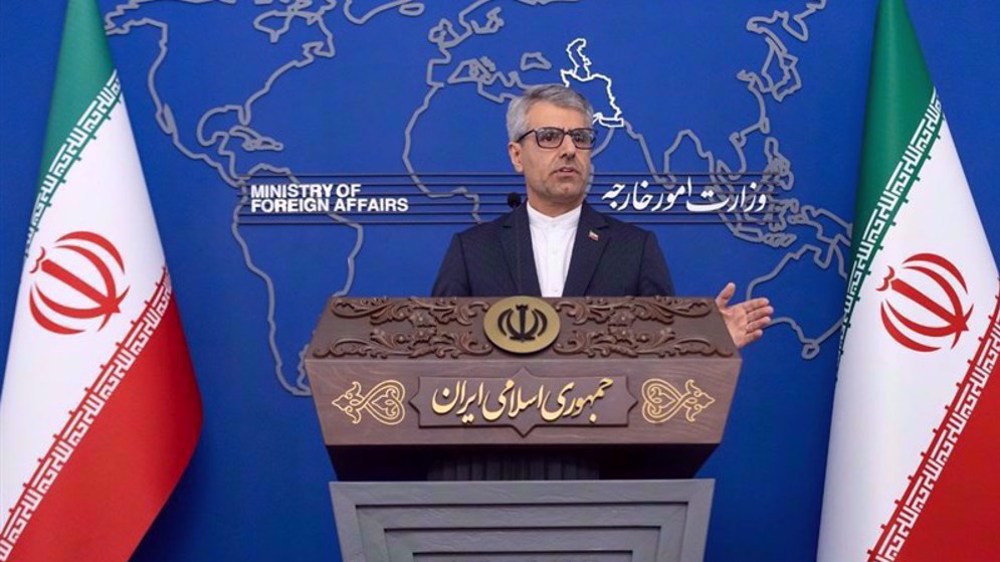
Iran condemns ‘vicious act of Israeli terrorism against civilians’
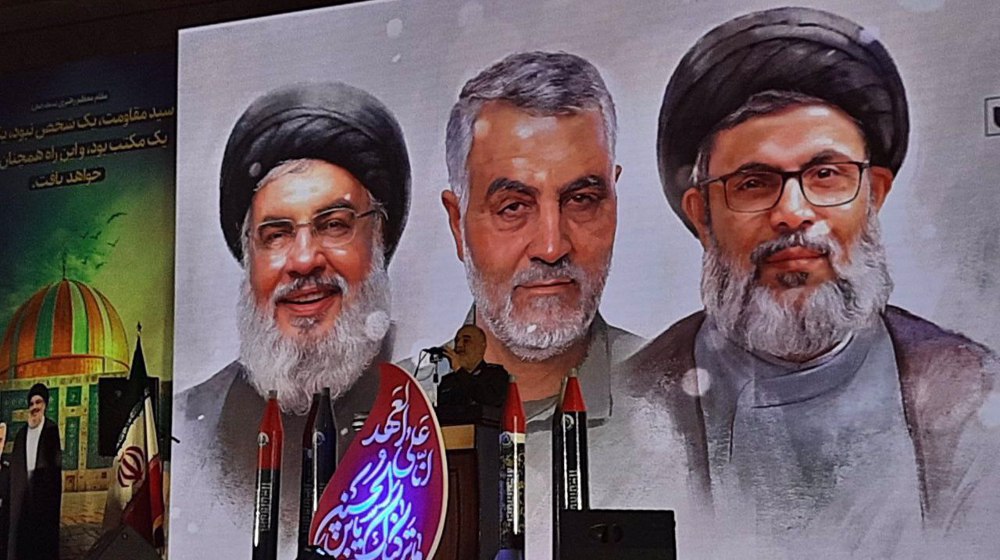
IRGC chief: Nasrallah decisive figure in regional equations with global dimensions
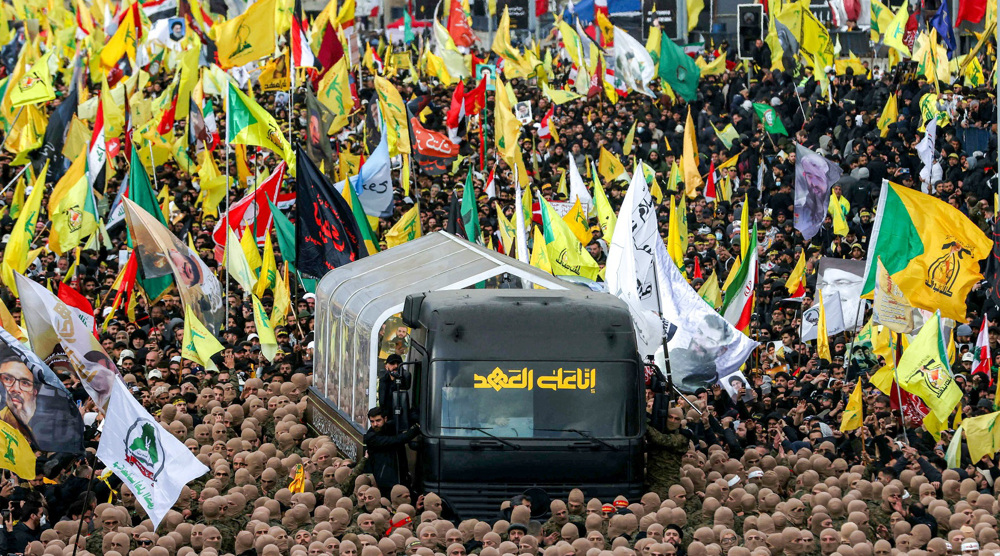
Nasrallah, Safieddine symbols of 'graceful resistance': Iran's Foreign Ministry spokesman
VIDEO | Lebanese resistance remains alive
Iran’s daily sweet gas production peaks at 870 mcm: NIGC
Nasrallah shattered myth of Israeli military’s invincibility: Top Yemeni official
Iran says it has attracted $8.2bn of foreign investment since Aug
‘Misguided policies’: Araghchi says unjust sanctions inflict suffering on innocent Iranians
Iran summons Polish envoy over 'baseless, biased' drone claims
Election winner conservative Merz invites Netanyahu to Germany despite ICC warrant
7,000+ killed in eastern DR Congo since January: PM


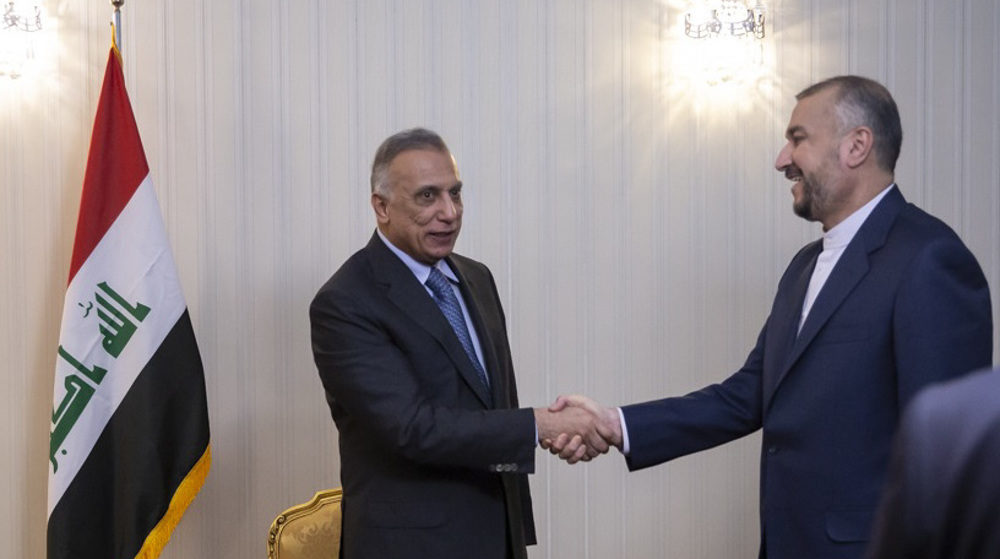
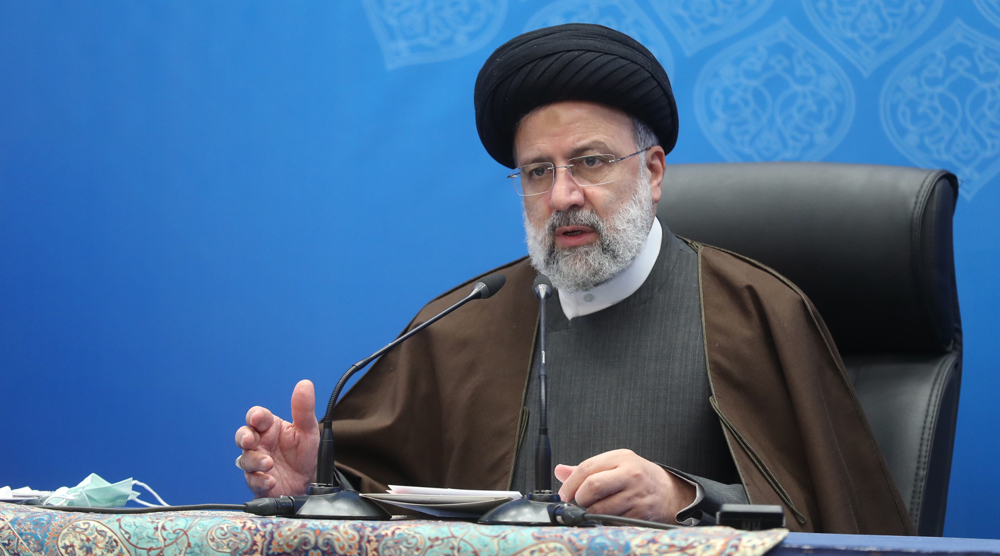



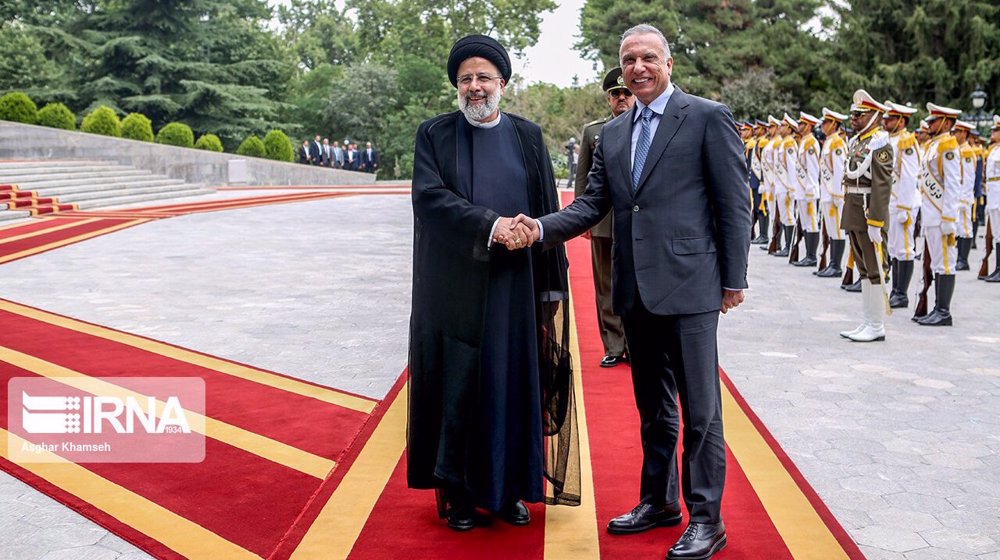
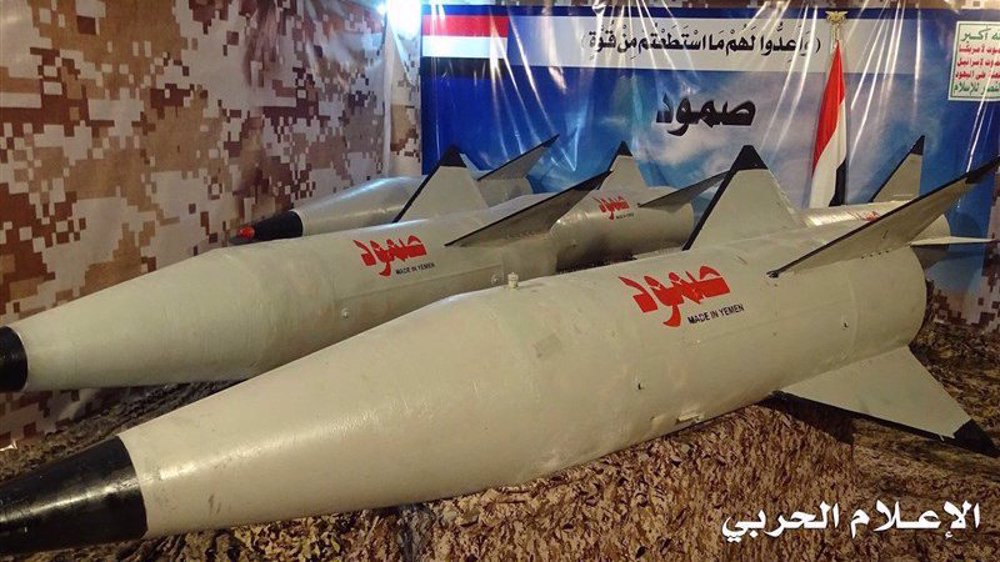
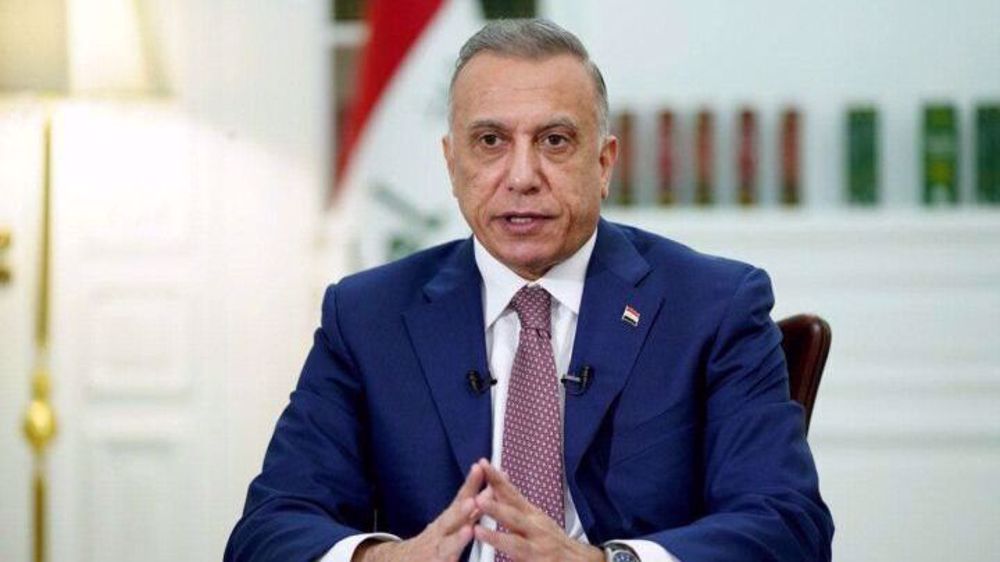
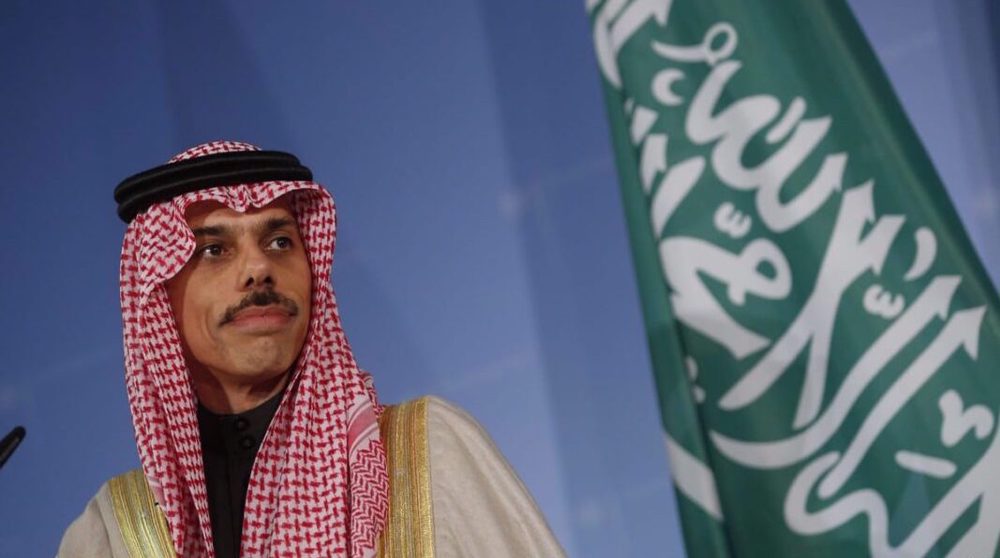

 This makes it easy to access the Press TV website
This makes it easy to access the Press TV website